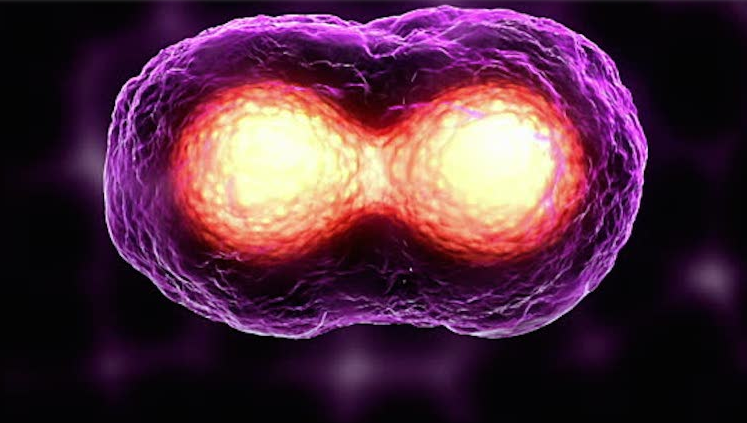Israeli scientists clai they’ve made a breakthrough in devising a cure for cancer that could be proven within the year.
Known as MuTaTo, or multi-targit toxin, the new anti-cancer drug is being touted as “a disruption technology of the highest order,” according to The Jerusalem Post.
Dan Aridor, the head of Accelerated Evolution Biotechnologies Ltd (AEBi), told the paper that his small team of scientists had developed an all-around treatment or “complete cure for cancer,” explaining:
“Our cancer cure will be effective from day one, will last a duration of a few weeks and will have no or minimal side-effects at a much lower cost than most other treatments on the market… Our solution will be both generic and personal.”
The cure is expected to render the disease manageable in the same way that the “triple drug cocktail” made AIDS a survivable disease.
The treatment is based on SoAP technology, a platform designed by AEBi, which the paper describes as providing “functional leads to very different targets.”
The MuTaTo treatment will act as a cancer antibiotic that uses a web of cancer-targeting peptides to attack cancer cells simultaneously, wrapping around them in an octopus-like manner and attacking them from multiple angles, while using a strong peptide toxin to eliminate them.
Because the peptides are so small, they would go undetected by the immune system and avoid counter-attacks that commonly lead to side effects like nausea.
AEBi CEO Dr. Ilan Morad touted the potential treatment as more advantageous than antibodies and also small, cheap, and easy to produce and regulate.
Morad explained:
“We made sure that the treatment will not be affected by mutations; cancer cells can mutate in such a way that targeted receptors are dropped by the cancer. The probability of having multiple mutations that would modify all targeted receptors simultaneously decreases dramatically with the number of targets used.
Instead of attacking receptors one at a time, we attack receptors three at a time — not even cancer can mutate three receptors at the same time.”
Given that an estimated 18.1 million new cancer cases were diagnosed worldwide in 2018 alone – making every sixth death in the world a result of cancer and ranking it as the world’s second leading cause of death – the news is very exciting.
Critics, however, remain skeptical about the cure, especially because the only study done so far was performed on mice. Even the inventors themselves concede that human trials will take a while to begin and complete.
In a blog post, Dr. Leonard Lichtenfield, the Deputy Chief Medical Officer for the American Cancer Society (ACS), has urged the public to remain “aware that this is far from proven as an effective treatment for people with cancer, let alone a cure,” noting that while the Israeli team has devised an “interesting approach,” one must bear in mind that “the process to get this treatment from mouse to man is not always a simple and uncomplicated journey.”
In his blog on the ACS site, Dr. Lichtenfield adds:
“It will likely take some time to prove the benefit of this new approach to the treatment of cancer. And unfortunately–based on other similar claims of breakthrough technologies for the treatment of cancer–the odds are that it won’t be successful.”
Source:WakingTimes




